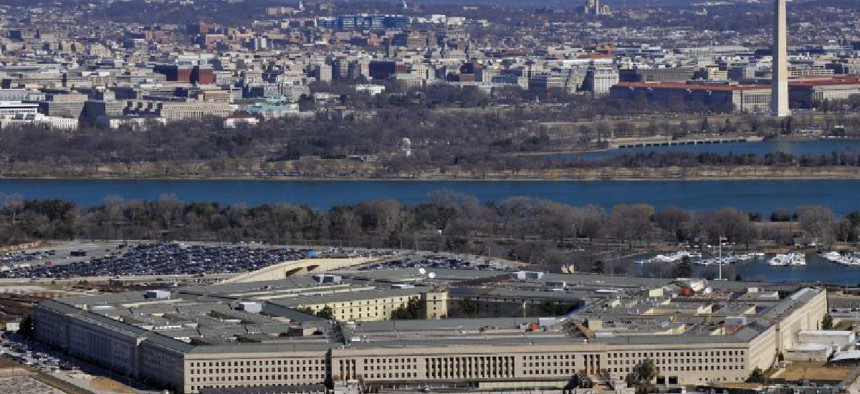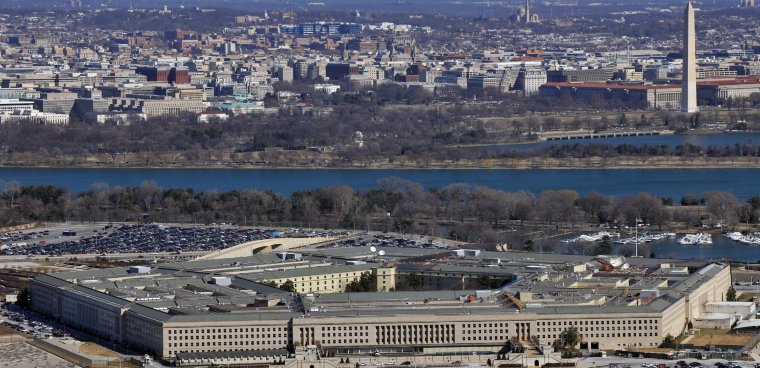DOD's reform efforts could wane without consistent leadership

The Government Accountability Office found that leadership and organizational changes, namely the future of DOD's chief management officer role, could hamper long term reform efforts.

The Defense Department has clocked $37 billion in cost savings from reforming business operations, but that could be undercut by a lack of formal processes and leadership uncertainty.
The Government Accountability Office reported Nov. 5 that leadership and organizational changes, namely the future of DOD's chief management officer role, could hamper long term reform efforts.
"Given the CMO's key role in reform and uncertainty about the future of the CMO position, ensuring leadership is sustained over the long term may present a challenge," the GAO wrote.
DOD's chief management officer has been tasked with realizing the cost-savings through defense-wide business reforms since 2018, but the position's existence has been the subject of congressional debate.
The House and Senate passed versions of the 2021 National Defense Authorization Act with provisions that would eliminate or significantly restructure the CMO role after lawmakers questioned the role's efficacy. The bill is headed for conference now.
The GAO report also found that while much of DOD's reported $37 billion savings were backed up by budget materials, the analysis supporting the findings was lacking.
Inconsistent leadership would be exacerbated without "written policies or formal agreements" solidifying the CMO's interagency partnerships with the Office of the Under Secretary of Defense (Comptroller), and the Office of Cost Assessment and Program Evaluation (CAPE), GAO argues.
"There are no written policies or formal agreements that define how organizations should collaborate with regard to DOD's reform and efficiency efforts. As a result, there is also a risk that leadership for reform efforts will not be sustained in light of any organizational changes that may occur," the report states.
The report also mentions that DOD may have overstated its claims of cost-savings, particularly related to the defense-wide review initiatives started in 2019. The result was claiming savings that didn't actually match the Defense Department's stated definitions and processes for reform because they weren't clear to begin with.
"Some of the cost savings initiatives were not clearly aligned with DOD's definitions of reform, and thus DOD may have overstated savings that came from its reform efforts rather than other sources of savings, like cost avoidance," the report states.
Such cost avoidance includes delaying projects, like military construction, which yields a temporary savings with costs appearing in future years.
GAO recommended DOD create "a formal process that standardizes the development and documentation of cost savings, including any underlying analyses, associated with reform efforts."
The report also recommends developing clear definitions of reform and consistent adherence to them when reporting cost-savings, and implementing formal reform policies and agreements for collaboration efforts "in order for these efforts to be sustained beyond any leadership and organizational changes."



